CHRONIC VENOUS INSUFFICIENCY (CVI)
The Cleveland Clinic estimates that 40 percent of people in the United States have CVI. It occurs more frequently in people over age 50, and more often in women than in men.
What Are Varicose Veins?
The Progression of Venous Disease
Chronic Venous Insufficiency is a progressive disease that can have a devastating impact. Treatment stops it in its tracks.
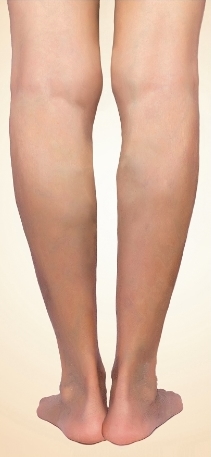
Spider Veins
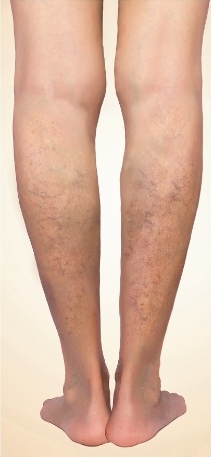
Reticular Varicose Veins
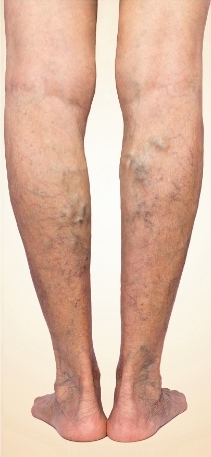
Venous Nodes
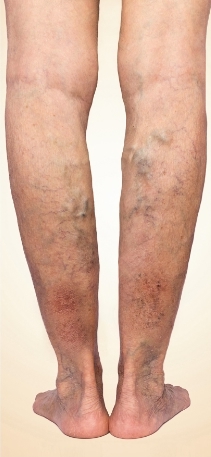
Venous Insufficiency
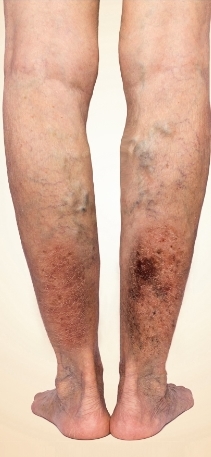
Venous Ulcers
Don’t allow your vascular conditions to progress. Visit us to have our expert team evaluate your condition to stop the progression of vein disease.
What is Chronic Venous Insufficiency?
Healthy leg veins are designed to allow blood to flow against gravity from the legs back toward the heart. Tiny valves inside the veins open and close to help control the flow and pressure.
CVI is a progressive disease of the valves in the veins of the leg. These valves regulate blood flow back to the heart. When they are diseased blood pools in the legs causing pain, swelling, fatigue, and restless legs.
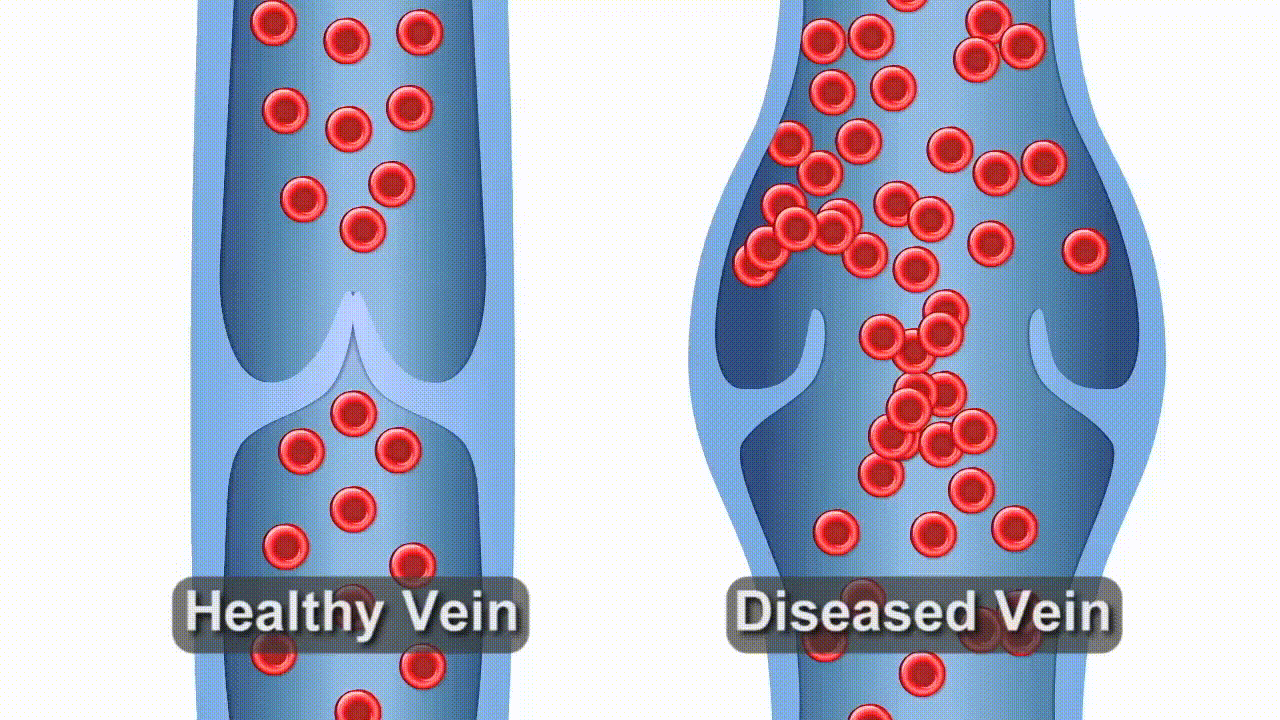
CVI occurs when stresses on the venous system – like pregnancy, age or standing for long periods of time weaken the vein structure and the valves break down.
When the veins become weakened or diseased, vein valves no longer promote efficient blood flow and blood pools in the legs.
This impaired blood flow (or reflux) causes veins to expand, lose form and protrude from beneath the skin. This causes varicose veins, swelling, and the symptoms described above.
CVI occurs when stresses on the venous system – like pregnancy, age or standing for long periods of time weaken the vein structure and the valves break down.
When the veins become weakened or diseased, vein valves no longer promote efficient blood flow and blood pools in the legs.
This impaired blood flow (or reflux) causes veins to expand, lose form and protrude from beneath the skin. This causes varicose veins, swelling, and the symptoms described above.
SYMPTOMS OF VEIN DISEASE
- Fatigue
- Cramping
- Restless legs
- Varicose veins
- Itching
- Heaviness
- Open sores
- Swelling
- Aching
- Skin changes
- Numbness
- Tingling
- Heaviness
- Wounds
RISK FACTORS
- Family history
- Sedentary lifestyle
- Trauma
- Prolonged standing
- Obesity
- Excess weight
- Current or previous pregnancy
- Smoking
